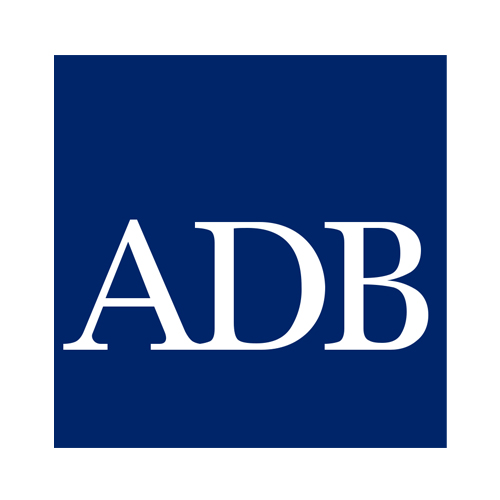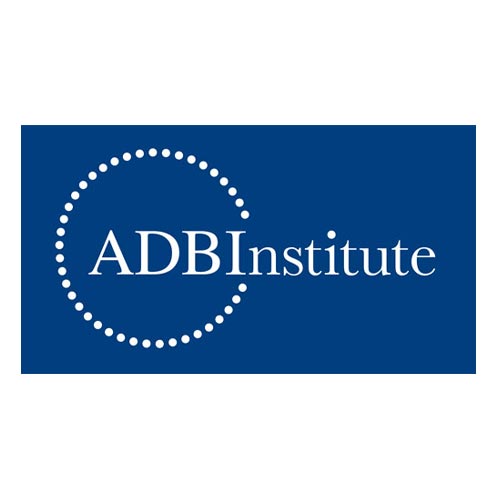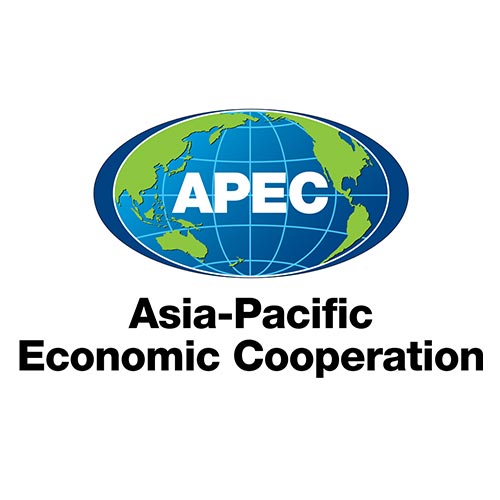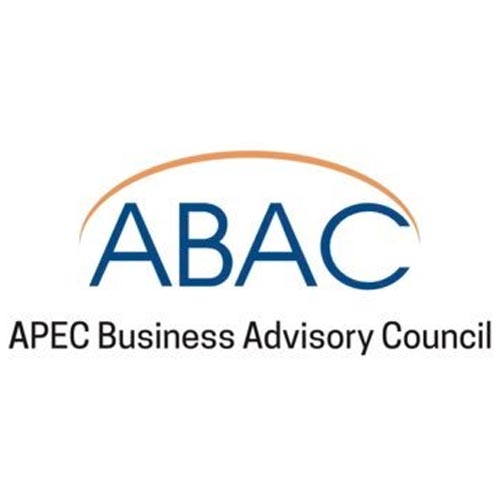Contributing to policy reform and capacity building across the region
The Asia-Pacific Financial Inclusion Forum (APFIF) is an APEC Policy Initiative established by APEC's Finance Ministers in 2010. Housed within the APEC Business Advisory Council (ABAC), and led by the Asian Development Bank (ADB), it aims to deliver the objectives of APEC's Finance Ministers’ Process related to financial inclusion. The initiative achieves this by facilitating the identification and development of concrete actions that policymakers and regulators can take to extend the reach and value of financial services to everyone, including those at the base of the economy who are most in need. Since its establishment, the initiative has contributed to policy reform and capacity building across the region across various aspects of financial inclusion, such as financial literacy, remittances, supply chain financing, consumer protection, credit information systems and digital financial services.
These proposed actions aim to support efforts within the APEC Finance Ministers’ Process (FMP) to accelerate financial inclusion as a priority area of APEC's Cebu Action Plan as well as to progress the APEC's Putrajaya Vision 2040 and priorities of the APEC Host Economy; both of which call for greater progress in achieving greater inclusion, sustainability and digital innovation for the region.
More information about the APFIF initiative can be found on the ABAC website:
Sustainable Development Goals
Griffith University is aligned with the United Nation’s Sustainable Development Goals (SDGs) and is committed to promoting the values of peace, justice and accountability, to contribute to a more just and equitable world where everyone can enjoy their fundamental rights and live in harmony.
APFIF Agenda for 2023
Policy approaches to support green financing of micro, small, and medium-sized enterprises
Micro, small, and medium-sized enterprises (MSMEs) have an important role in driving economic growth in developing economies, contributing to job creation and the development of innovative products and services. Governments, policymakers, and banks have a crucial role to play in supporting MSMEs, as they often encounter high barriers to accessing financial support, such as limited credit history and/or lack of collateral. A growing movement towards green finance mechanisms could, in principle, be supportive of the financing needs of MSMEs while also facilitating the transition to a low-carbon economy.
2023 APFIF Policy Dialogue
To better understand challenges and opportunities for the green financing of MSMEs, the Asian Development Bank (ADB), in partnership with the Asian Development Bank Institute (ADBI) and the Griffith Asia Institute (GAI), organised the 2023 APEC Asia-Pacific Financial Inclusion Policy Dialogue in Tokyo, Japan from 21-22 June 2023. The meeting brought together senior government officials from 11 Asia-Pacific economies as well as 25 policy and industry experts.
As a result of the Policy Dialogue, a series of recommendations have been identified for the consideration of APEC policymakers and regulators. Some of the key issues addressed by these recommendations include steps to close the knowledge gap on how to expand the supply of green finance to MSMEs ; defining the unique features of MSMEs within sustainable finance taxonomies and green finance frameworks; implementing incentives and regulatory measures to promote the enabling environment for green financing of MSMEs ; facilitating the development of innovative technology solutions for green finance, including fintech; and supporting the capacity development of green finance stakeholders from both supply- and demand-side perspectives. The recommendations will be further refined and articulated in a report to be published later this year by the ADB
APFIF agenda for 2022
The role of central bank digital currencies in financial inclusion
The term ‘central bank digital currency’ or CBDC is an over-arching phrase currently used to describe a wide variety of potential future digital currencies. A unifying definition of a CBDC is not straightforward because it can be designed to deliver multiple functions and purposes. The potential implementation of a CBDC is currently being explored, to varying degrees, among all 21 APEC member economies with financial inclusion among the top priorities for its potential implementation.
2022 APFIF Policy Dialogue
Under the theme “The role of central bank digital currencies” the 2022 roundtable-style dialogue focused on:
- understanding a CBDC and its applications
- the opportunities and challenges associated with a CBDC as a driver for financial inclusion; and
- connecting a CBDC to the existing financial system to enable financial inclusion.
As a result of the dialogue, a series of proposed actions were developed for the consideration of APEC policymakers and regulators. These proposed actions were delivered to APEC 's Finance Ministers and further articulated in a full report.



